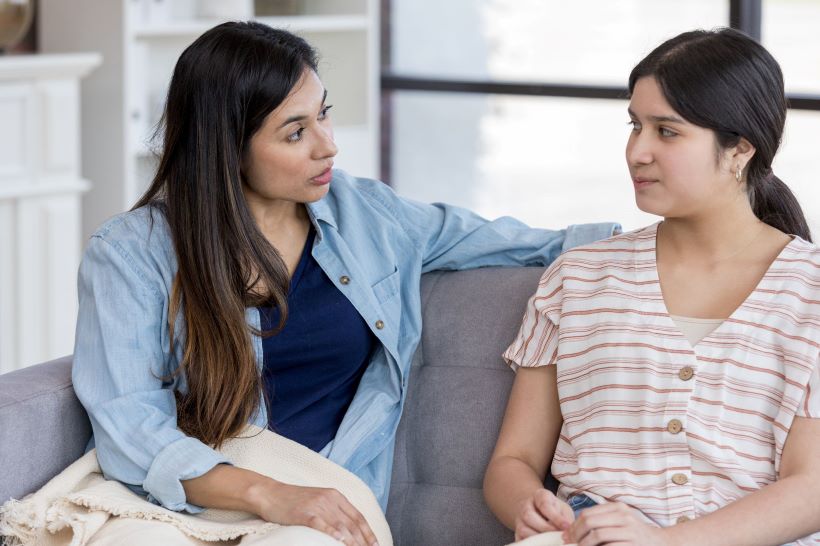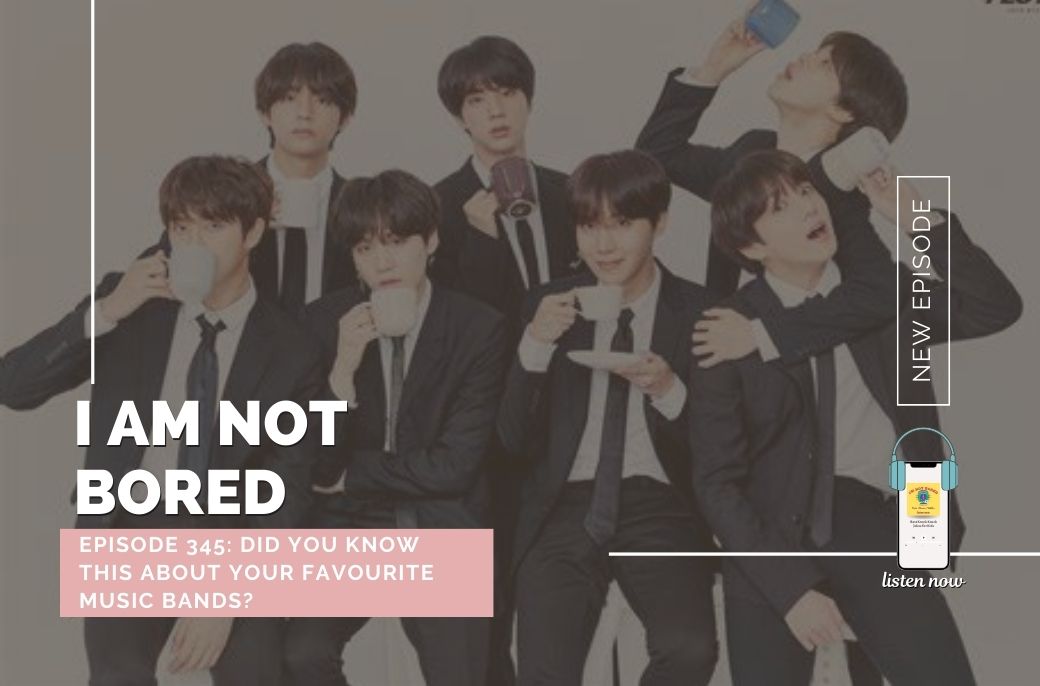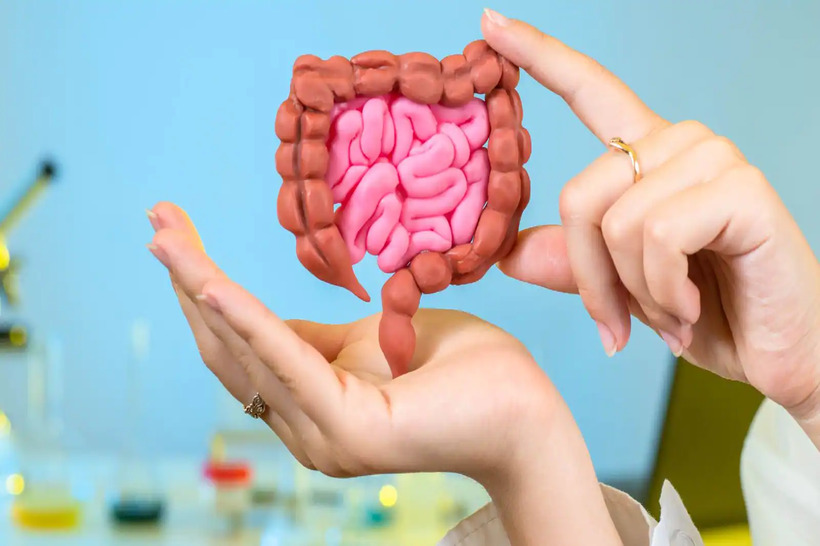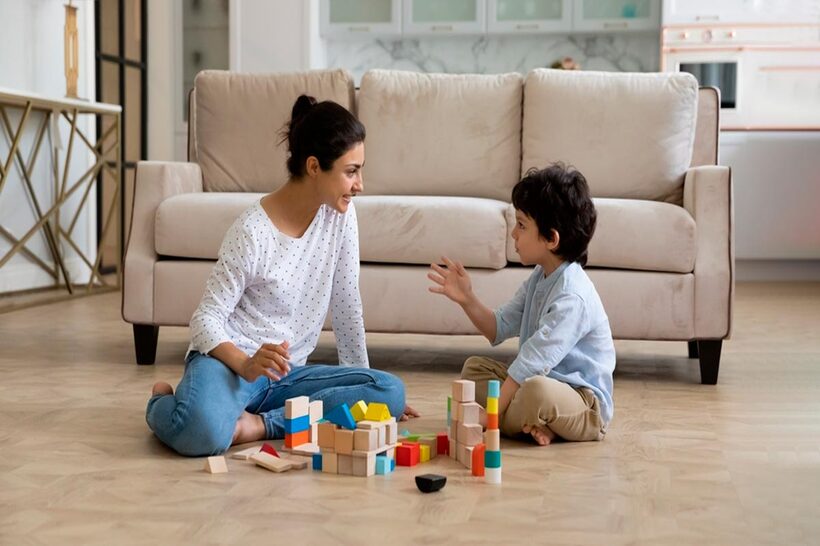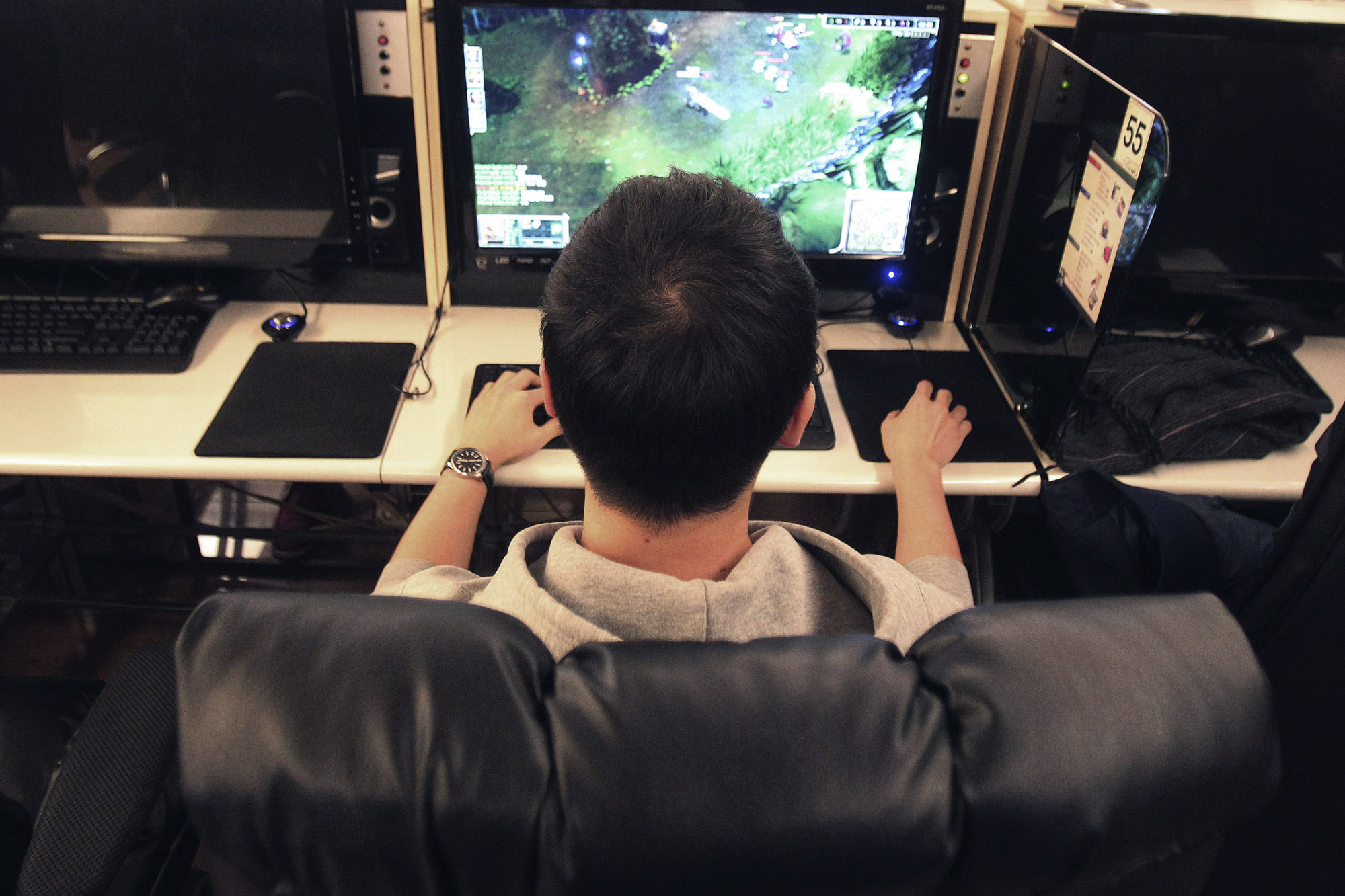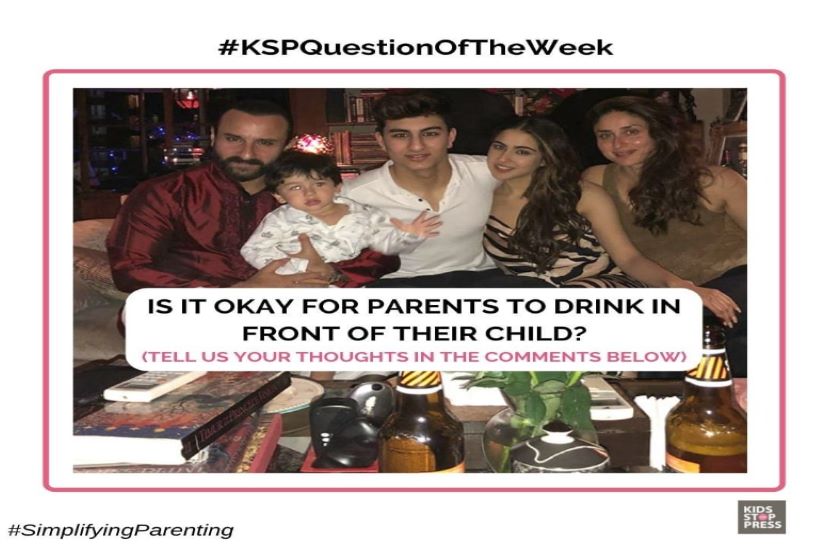Talking to your daughter about menstruation is an excellent idea and should be done early -much before they are in their teens.
Menstruation or periods may start as early as 8 years or may get delayed till 15 years of age. The average age for menstruation is roughly 12-13 years.
If you prepare your daughter for menstruation, it will make the experience much smoother for her and prevent distress.
With the knowledge of what she is going to experience, she will be able to take it in her stride and be comfortable with herself and her body. Most children start asking about their bodies at an early age. She may even notice the sanitary hygiene products or she may see the different advertisements and wonder about them. It may be the best opportunity to talk about menstruation at that point in time by keeping it clear, simple, accurate and appropriate for age.
It is always better to talk in stages instead of giving all information at one time. Start the discussion early and gradually increase your child’s comprehension.
How To Explain Periods To Your Child?
For example, if your 4-5-year-old daughter sees a sanitary pad and asks about it, you could say, that women bleed from their vagina every month which is called a period. It isn’t because they’re hurt. It is how the body prepares for pregnancy. Blood is contained in the sanitary pad, keeping it off the underpants.
You can gradually reveal more knowledge to your child as she becomes ready.
Most children can comprehend the fundamentals of periods by the time they are 6 or 7 years old. Find a suitable opportunity to discuss it, such as:
- when your child asks about puberty or changing bodies
- if your child asks where babies come from
- if you are at the store purchasing tampons or pads
If your daughter hasn’t been asking many questions, don’t assume that she knows about it as she may be getting information from the wrong sources, so it’s up to you to initiate the conversation about menstruation.
How To Start The Conversation About Puberty & Periods
- Ask your daughter whether she is aware of puberty and what she knows so far. Correct any wrong information.
- You may share your own experiences about your starting your menstruation/period, whether they’re long or short, heavy or light. Listening to your experience will help her feel more comfortable.
- Let her ask any questions and answer them clearly.
- It’s a good idea to read/ let her read books related to puberty and periods. She may be more comfortable reading about it than talking about it initially. Once she has read up then you can talk to her about topics covered in the books.
Facts About Menstruation Kids Should Know
- Menstruation is a basic part of life for every woman.
- It implies that she is capable of getting pregnant.
- Her first periods will likely be light (possibly just a few drops of blood) and irregular, but will eventually settle into a pattern. On average they will arrive every 28 days and last from two to seven days.
- It’s normal for her to experience certain symptoms during menstruation, such as aches in the back or abdomen, tender breasts, headaches, fatigue, bloating, mood swings or food cravings.
- If she is old enough to understand, explain the biology of a period. Every 28 days or so, one of the ovaries releases an egg. This is called ovulation. Hormonal changes also prepare the uterus for pregnancy at the same time. If ovulation occurs and the egg is not fertilized, it exits the body through the uterus and the uterine lining is expelled through the vagina. This is a period.
- Explain how to use sanitary pads & tampons. Many girls find pads easier to use initially, but using tampons is fine from the beginning, it just takes some getting used to.
- If your daughter hasn’t begun menstruating by the time she becomes 16 or within three years after the beginning of breast development, have her consult a doctor to make sure everything is alright.
It is always better to talk to your child and provide reliable information from you or another trusted source rather than getting information from the wrong sources.

